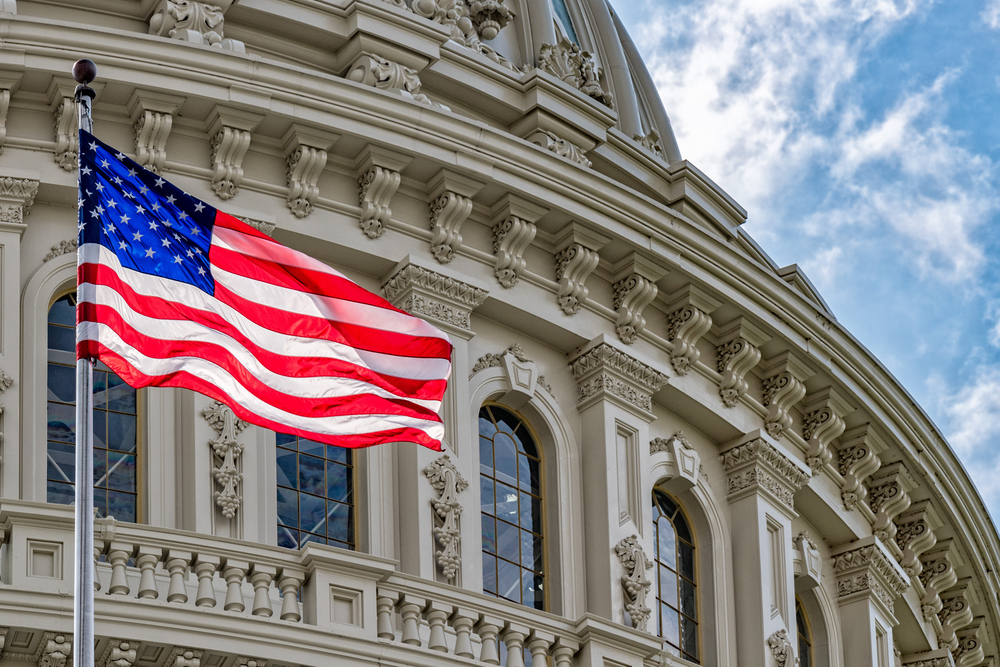News Release
FOR RELEASE - May 27, 2022
Contact: Stephanie Casella, scasella@aapa-ports.org
American Association of Port Authorities
Phone: (202) 792-4033
www.aapa-ports.org
 |
Washington, D.C. – The Biden Administration continues to prove the importance of maritime ports to the U.S. and global economy. Its appointment today of a new Port and Supply Chain Envoy in Retired General Stephen R. Lyons, former Commander of the U.S. Transportation Command, will uphold the progress in port fluidity and overall supply chain resilience.
U.S. seaports are moving more cargo than ever — 15-to-20 percent more than pre-pandemic levels — and the gains have prompted big successes in sectors like retail and agriculture.
The presence of high officials exclusively dedicated to ports and the supply chain makes an incalculable difference, and the Federal Government has shown care, understanding, and action when it comes to the current supply chain crunch.
For example, the Supply Chain Task Force’s reporting on cargo dwell data — or the amount of time cargo owners leave cargo on the proverbial "baggage carousel" — helped to both raise awareness of the issue and measure progress for the enhanced pickup of cargo and equipment.
President Biden, outgoing Port Envoy John Porcari, Secretary of Transportation Pete Buttigieg, the National Economic Council, and hardworking transportation policy officials have helped the Federal Government to bring private actors together, including the users of the system, for better communication and coordination.
Exemplary is the recent Bipartisan Infrastructure Law (BIL), which not only dedicates more funding for U.S. ports than all prior Federal funding combined, but creates new policy paradigms for the Federal Government, states, and localities to include ports and maritime in their freight planning. AAPA has also developed an Incent and Invest Plan for Supply Chain Fluidity, with detailed policy and operational recommendations. The port industry hopes and expects the newer and holistic, ecosystem-like treatment of the supply chain will prevail.
About AAPA
The American Association of Port Authorities (AAPA) is the unified voice of port leaders and maritime industry partners across the Western Hemisphere who serve a vital role in job-creation, international competitiveness and economic prosperity. Connecting small business owners, retailers and manufacturers to the global marketplace, AAPA member organizations sustain 31 million jobs and 26 percent of the U.S. economy, and advocate for national policies and infrastructure investments in support of a resilient global supply chain and a positive impact on the way people live, work, travel and engage in commerce. Visit www.aapa-ports.org or on Twitter @PortsUnited.